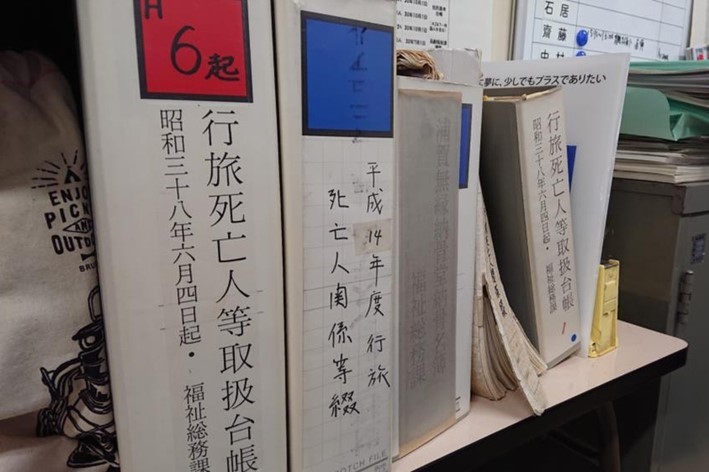Displaying present location in the site.
ICT Global Trend Part7-9
Information Sharing in End-of-Life care and improvement of QOD (1/2)
This article is written by Mrs. Kazuko YUMA, chief Fellow, Institute for International Socio-Economic Studies(NEC Group)
In Japan the social security reform has been progressed to cope with rapid ageing and to promote the introduction of integrated community care system. This system can improve aged people's well-being with the integrated regional support of housing, medical service, nursing care, preventive care and daily life. Thus, they can live in their home for a long time. The aged people centered design contributes to the enhancement of their QOL (Quality of Life). QOL is so defined by WHO (World Health Organization) as “Health is not only the absence of infirmity and disease but also a state of physical, mental and social well-being”. In Japan as well the challenge to realize QOL started initially from the medical sites and is now emphasized not only to cure a disease but to realize quality life accordance with the request of the patient. The concept of this QOL is also extended to the area of nursing and preventive care and livelihood support.
More aged people mean more deaths of the aged, i.e. the death - ridden society and the concept of QOL is also being applied for the End-of-Life, consequently leading to the new word of QOD (Quality of Death). A better life should be such life as people can take death as so wished with their will reflected properly even in their terminal phase and it is important that QOL is linked consecutively to QOD. In end-of-life care, it is essential that all stakeholders, including patients, families, medical staff, and nursing staff, have the same understanding and agreement through the "ACP (Advanced Care Planning)" and "Living Will" processes. We need to express our own hopes and decisions in advance for the future.
This concept has not been familiar yet among people and most people may only think it is somebody’s business. It is, however, inevitable fact that the decision-making ability is getting deteriorated in progress of ageing and if one becomes demented, one cannot escape from the loss or deterioration of decision-making ability.
Ministry of Health, Labor and Welfare revised in 2018 “ Guideline on decision-making process for medical care service for terminal phase”. They stressed the importance of “appointing the specific person who can assume the will and wish of the patient and is trustworthy among family members and others, if any, before the patient becomes incompetent to tell own will and wish” and of “ sharing the information among patient, family, medical and nursing care staff each time when the discussion and consultation is made repeatedly”.
Information sharing of End-of-Life care is also progressed with the initiative of local government. In Yokosuka City, Kanagawa Prefecture, local government started the registration and communication system named “ Project to promote the registration and communication of end-of-life information” where citizens register in the data base of Yokosuka local government the emergency contact number and person and the location of their grave and the arrangement of funeral after death can be made in accordance with the will and wish so registered beforehand by the citizen and they do not need to be concerned about the future arrangement after sudden death.
In Handa City, Aichi Prefecture, local government started their own challenge of “Handa-city Advance directives ” triggered by the situation where proper consent can not be obtained in some cases from the patient in emergent medical service. Pamphlet of “Handa-city Advance directives ” is distributed to citizens and they publicized in every December issue of their public relations magazine specific articles concerning “Handa-city Advance directives” asking citizens to talk about the importance of directives among family members during year-end holidays and they organize lectures to deepen the understanding of citizens on this scheme.
